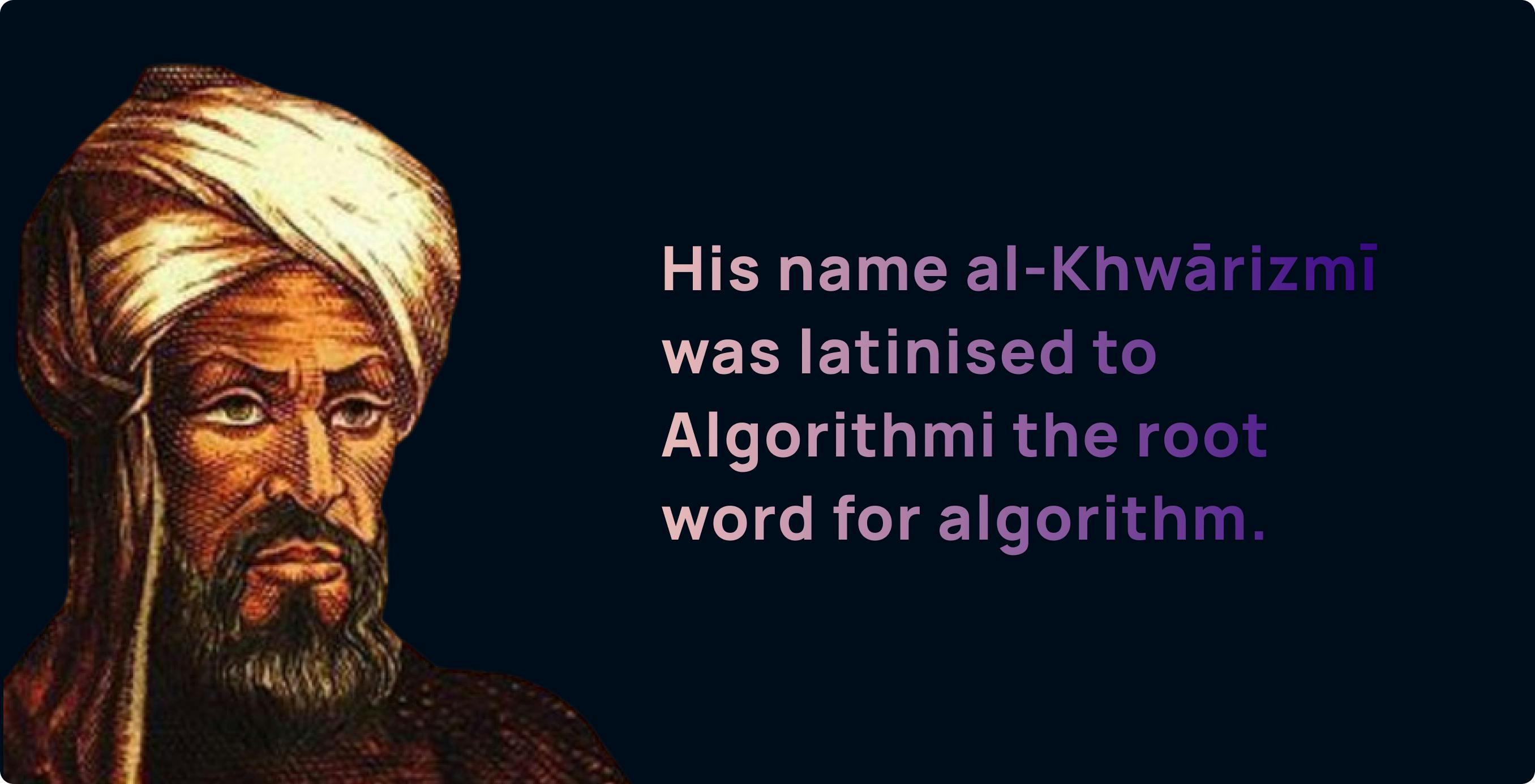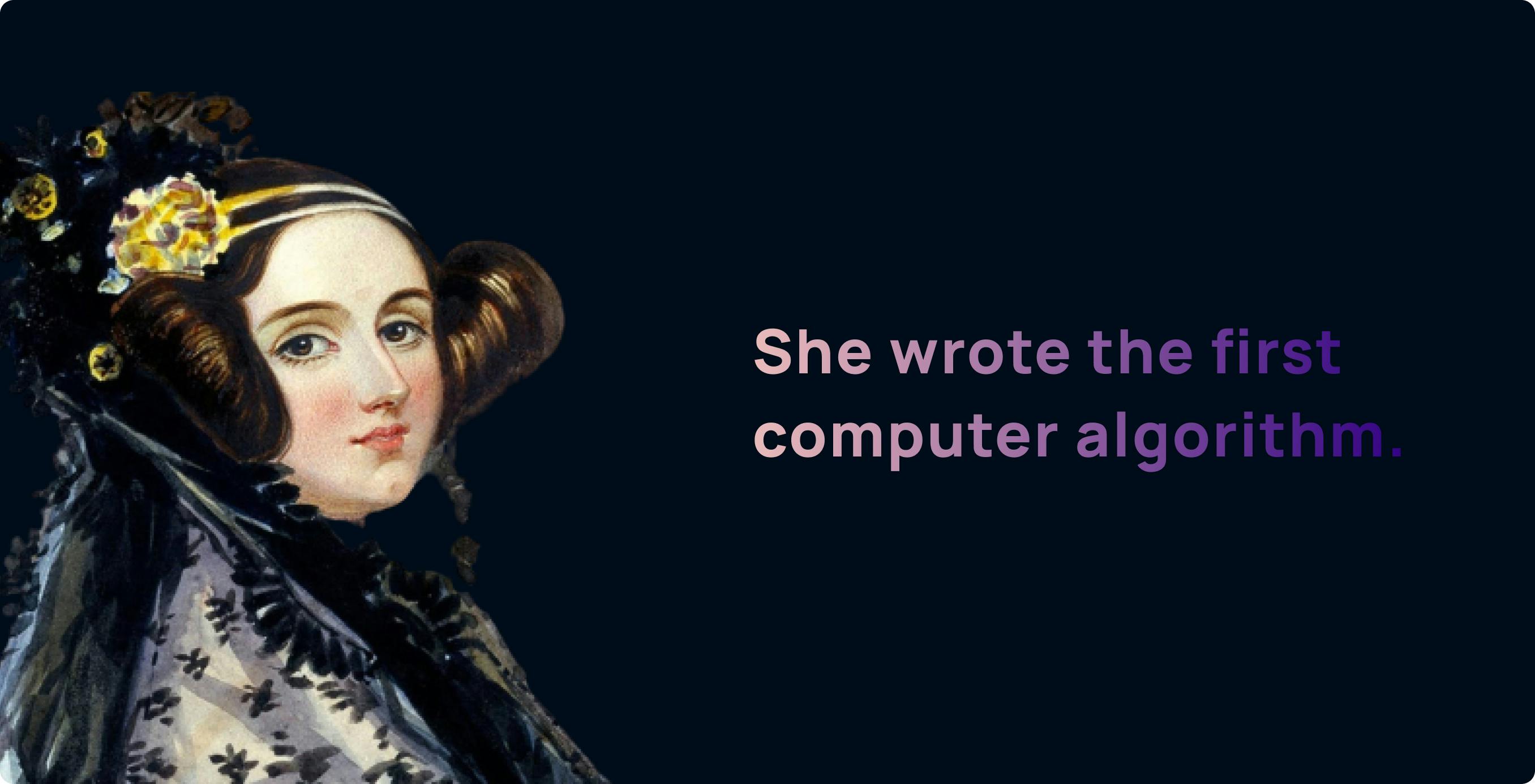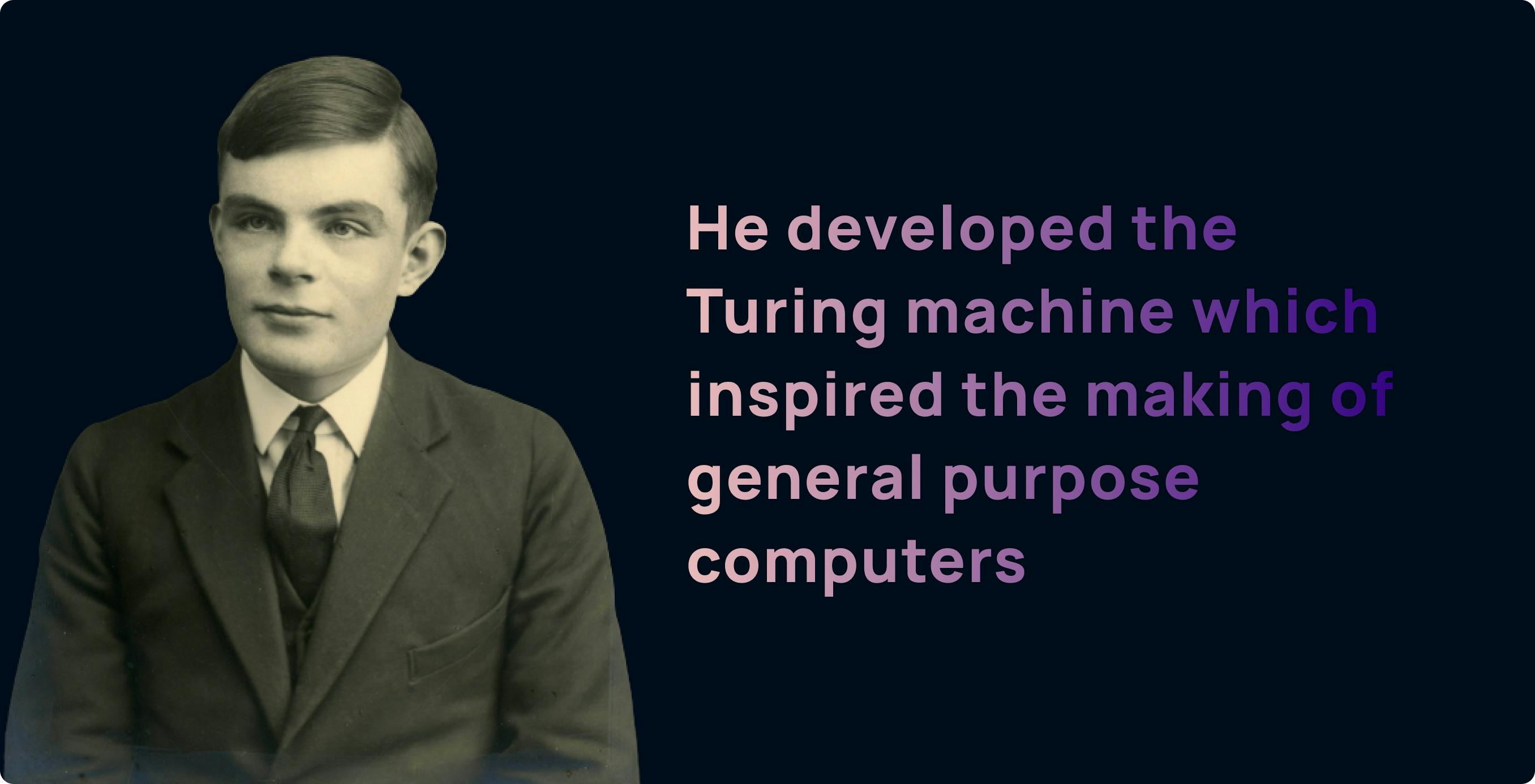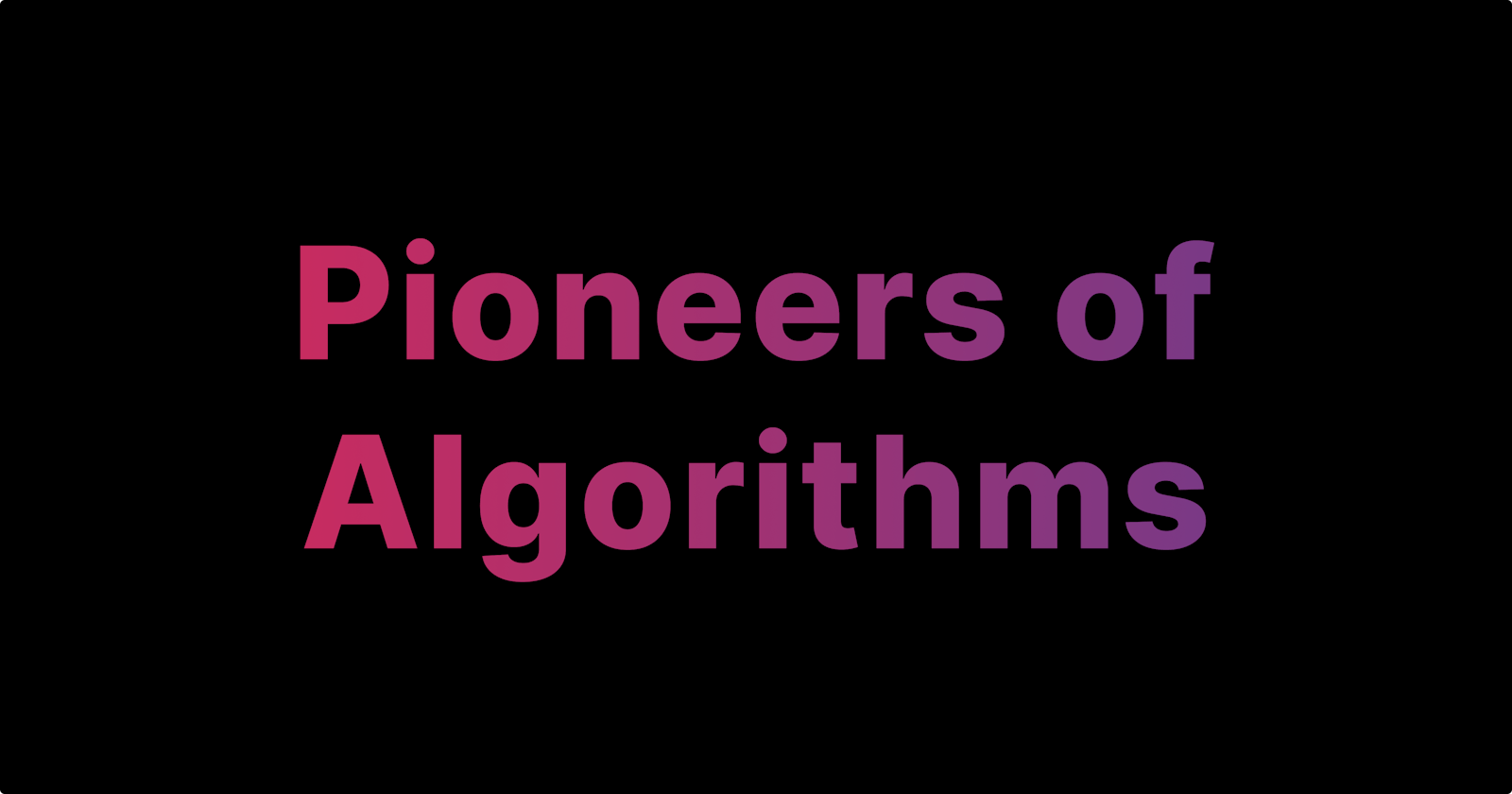Algorithms are the power house of the Digital Age.
According to the weforum, by 2025 the line between physical space and virtual will be forever blurred. Other trends like process automation and virtualisation, applied AI, next-generation materials, bio revolution, next-generation computing to mention but a few are predicted to mature rapidly in the coming decade.
One of the major accelerators of these technological advancements are algorithms.
What is an algorithm?
An algorithm refers to a set of step by step actions needed to achieve a certain outcome like solving a problem or completing a task.
They are the power house of the Digital Age.
Some of the applications of algorithms include analysing volumes of data within seconds, making smart recommendations for customers, determining favorable stocks to purchase, coming up with novel culinary recipes.
What is the origin of Algorithms?
The exact origin of algorithms is unclear though the use of algorithms specifically in mathematics dates back way before the use of computers.
We will focus on some of the key people that contributed to the early development of algorithms.
Key personalities in the early development of Algorithms
Muḥammad ibn Mūsā al-Khwārizmī
 Muhammad was a Persian polymath born in the region of Khwarazim in the ninth century. He was an apprentice at the House of Wisdom, an intellectual centre in Baghdad known to attract scholars, scientists and great minds from all over the East during the Islamic Golden Age. Muhammad is widely known for his works on introducing Hindu-Arabic numerals and concepts of Algebra. In the 12th century, his text book on the subject of arithmetic was latinised including his name al-Khwārizmī that was translated into Algorithmi, the origin of the word algorithm.
Muhammad was a Persian polymath born in the region of Khwarazim in the ninth century. He was an apprentice at the House of Wisdom, an intellectual centre in Baghdad known to attract scholars, scientists and great minds from all over the East during the Islamic Golden Age. Muhammad is widely known for his works on introducing Hindu-Arabic numerals and concepts of Algebra. In the 12th century, his text book on the subject of arithmetic was latinised including his name al-Khwārizmī that was translated into Algorithmi, the origin of the word algorithm.
Ada Lovelace
 Ada was born in 1815 to a poet Lord Bryon and mathematician Lady Byron. She had great talents in mathematics and poetry and described her approach as poetical science. When she was seventeen, she became friends with Charles Babbage widely known as the Father of Computers. Ada served as a key interpretor for Babbage's Analytical Engine translating the notes on the Analytical Engine from French to English. It is said that she added her own notes that included calculating a sequence of Bernoulli numbers using the Analytical Engine. It is because of this contribution that she is recognised as the first computer programmer.
Ada was born in 1815 to a poet Lord Bryon and mathematician Lady Byron. She had great talents in mathematics and poetry and described her approach as poetical science. When she was seventeen, she became friends with Charles Babbage widely known as the Father of Computers. Ada served as a key interpretor for Babbage's Analytical Engine translating the notes on the Analytical Engine from French to English. It is said that she added her own notes that included calculating a sequence of Bernoulli numbers using the Analytical Engine. It is because of this contribution that she is recognised as the first computer programmer.
Alan Turing
 He was born in 1923 in London. He was an English polymath with expertise in the fields of mathematics, computer science, cryptanalysis, logic and theoretical biology. He is regarded as the Father of AI and theoretical computer science. He developed the Turing model that was later named Turing Machine. With the model, he was able to prove the extent and limitations of what can be computed. This laid the foundation for modern computers and algorithms.
He was born in 1923 in London. He was an English polymath with expertise in the fields of mathematics, computer science, cryptanalysis, logic and theoretical biology. He is regarded as the Father of AI and theoretical computer science. He developed the Turing model that was later named Turing Machine. With the model, he was able to prove the extent and limitations of what can be computed. This laid the foundation for modern computers and algorithms.
Decades after Alan's Turing model, algorithms are way more complex and smarter that they could be the next generation of employees that businesses will need to stay relevant and profitable.
Bonus section:
The House of Wisdom was initially a library with a large collection of books and manuscripts brought by Caliph Haround Al-Rasheed's father and grandfather from their trips to the far East and North Africa. Caliph's son Caliph Al-Ma’mun later expanded it into a "Hogwarts for scholars and researchers".
Muḥammad ibn Mūsā al-Khwārizmī is also known for his works in astronomy and geography. At the House of Wisdom, he was made astronomer and head of the library. He assisted in a project to determine the circumference of the world. He also contributed to trigonometry and even produced the first table of tangents.
Ada got the name Lovelace after William King her husband was made the Earl of Lovelace which made her Countess of Lovelace.
There are arguments that Charles Babbage wrote unpublished algorithms prior to Ada's contribution on the Analytical Engine.
Beyond code breaking and the field of computational thinking, Alan Turing formulated mathematical models of how biological processes formed shapes a process referred to as Morphogenesis. You can find some of his publications on morphogenesis here.
I know you found this article too interesting that you wished I was your high school history teacher 😁. Jokes aside, thanks for reading till the end. Leave a reaction or comment if you learned a thing or two. Salut!
